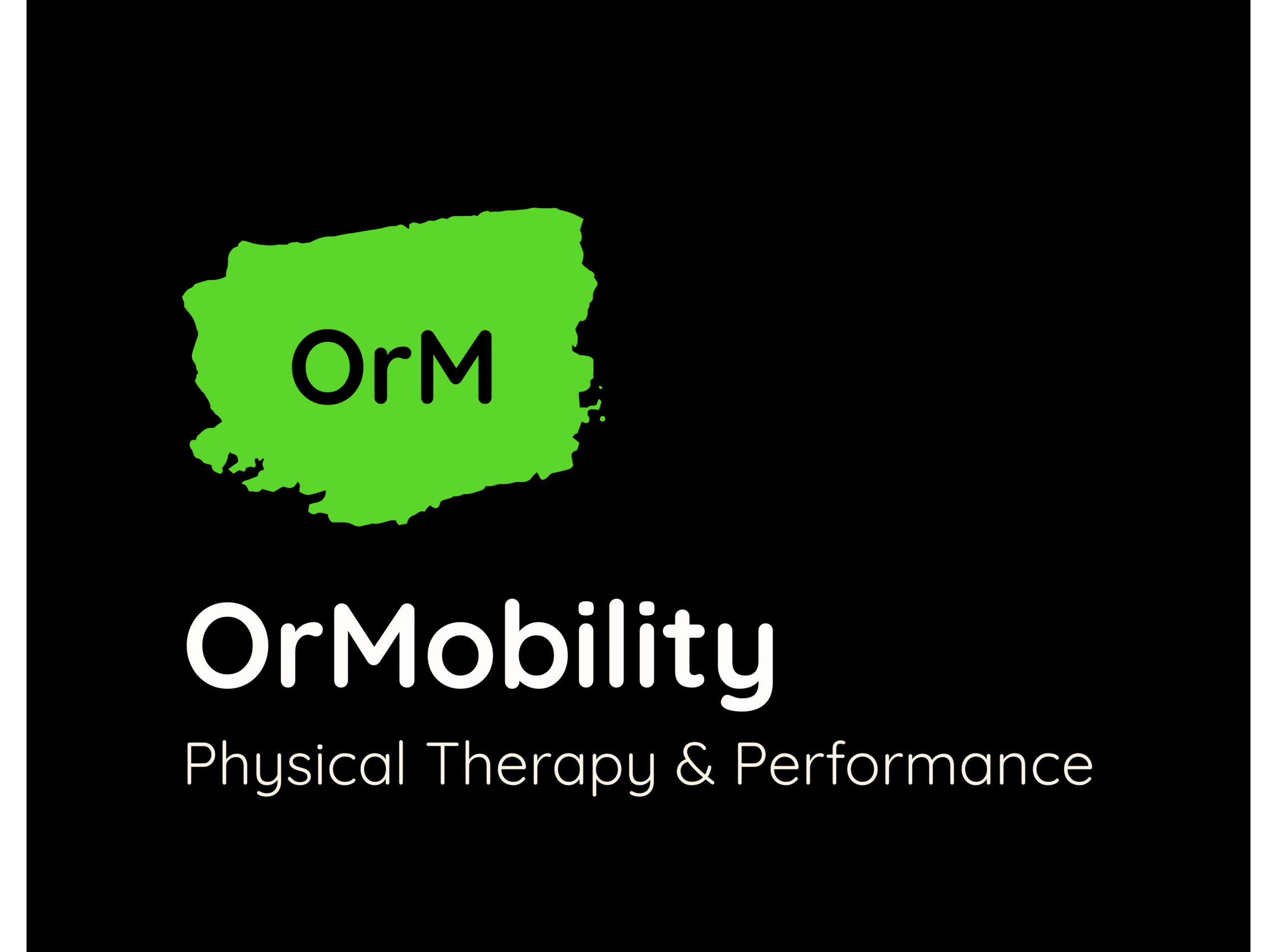Introduction
Concussions are a type of traumatic brain injury (TBI) that can occur due to a blow or jolt to the head, face, or neck area. While most concussions are considered mild and often resolve without long-term consequences, severe concussions pose a significant risk and can have lasting effects on an individual’s physical, cognitive, and emotional well-being. In this article, we will delve into the world of severe concussion symptoms, exploring their causes, manifestations, diagnosis, treatment, and recovery.
What is a Severe Concussion?
A concussion is the result of the brain colliding with the inside of the skull due to a sudden forceful impact. While mild concussions may lead to temporary confusion or disorientation, severe concussions involve more pronounced and persistent symptoms, which may require immediate medical attention.
Causes of Severe Concussions
Severe concussions can be caused by various incidents, including:
- Sports-related Injuries: Contact sports like football, hockey, rugby, or soccer can lead to severe concussions due to player collisions or falls.
- Motor Vehicle Accidents: Car accidents, particularly those with a high impact, are a common cause of severe concussions.
- Falls: A fall from significant height or an accidental slip can result in a severe concussion.
- Assaults: Physical altercations or violent attacks can cause severe head injuries.
- Blasts or Explosions: Military personnel and individuals exposed to blasts or explosions may suffer severe concussions.
- Shaken Baby Syndrome: Infants can sustain severe concussions if they are violently shaken.
Recognizing Severe Concussion Symptoms
Identifying severe concussion symptoms is crucial for prompt medical intervention. While mild concussions may show subtle signs, severe concussions present more noticeable and concerning indicators, including:
- Loss of Consciousness: A person with a severe concussion is more likely to lose consciousness for an extended period.
- Persistent Headache: Severe and persistent headaches that worsen over time are common in severe concussions.
- Slurred Speech: Impaired speech and difficulty forming coherent sentences may be evident.
- Seizures: Some individuals may experience seizures following a severe concussion.
- Dilated Pupils: Unequal or dilated pupils can be an indication of a severe brain injury.
- Repeated Vomiting or Nausea: Severe concussions can cause persistent vomiting or nausea.
- Clear Fluid from the Ears or Nose: Leakage of clear fluid from the ears or nose is a concerning sign and should be evaluated by a medical professional.
- Coordination Issues: Difficulty with balance, stumbling, and coordination problems may be observed.
- Confusion and Disorientation: The person may appear confused, disoriented, or have trouble understanding their surroundings.
- Personality Changes: Severe concussions can lead to mood swings, irritability, or changes in behavior.
Complications and Long-term Effects

Without appropriate management, severe concussions can lead to various complications and long-term effects, such as:
- Post-Concussion Syndrome (PCS): Some individuals may experience prolonged symptoms lasting weeks or months, known as post-concussion syndrome. These symptoms can include persistent headaches, dizziness, fatigue, and cognitive difficulties.
- Cognitive Impairment: Severe concussions can result in long-lasting cognitive impairments, including memory deficits, attention problems, and difficulty with concentration.
- Emotional and Behavioral Changes: Individuals may experience anxiety, depression, or other emotional disturbances following a severe concussion.
- Increased Risk of Future Concussions: Suffering a severe concussion raises the likelihood of future concussions with even less forceful impacts.
- Chronic Traumatic Encephalopathy (CTE): In rare cases, repeated severe concussions or TBIs can lead to CTE, a degenerative brain disease associated with cognitive decline, mood changes, and motor impairments.
Diagnosis and Medical Evaluation
If a severe concussion is suspected, immediate medical evaluation is essential. A healthcare professional, such as a neurologist or emergency room physician, will conduct a thorough assessment, including:
- Physical Examination: The healthcare provider will examine the patient for any visible injuries and assess their neurological status.
- Imaging Tests: CT scans or MRIs may be performed to rule out other serious brain injuries and to identify any structural abnormalities.
- Neurocognitive Tests: Various neuropsychological tests may be administered to evaluate cognitive function, memory, and concentration.
Treatment and Management
The treatment of severe concussions involves a comprehensive approach, including physical and cognitive rest, symptom management, and rehabilitation. Some key components of treatment and management include:
- Physical Rest: The individual will need to rest and avoid activities that could worsen symptoms, such as physical exertion, sports, and screen time.
- Cognitive Rest: Mental rest is crucial to allow the brain to heal. This may involve limiting activities that require intense concentration and mental strain.
- Pain Management: Over-the-counter pain medications may be prescribed to alleviate headaches and discomfort.
- Monitoring and Follow-up: Regular follow-up appointments with healthcare providers are necessary to monitor progress and address any new or persistent symptoms.
- Rehabilitation: In some cases, rehabilitation may be necessary to aid in the recovery process. This can include physical therapy, occupational therapy, and cognitive therapy.
Recovery and Returning to Activities

The recovery period for severe concussions can vary depending on the individual and the severity of the injury. Returning to normal activities, including work, school, and sports, should be gradual and based on medical clearance. The general progression may include:
- Physical Activity: As symptoms improve, the individual can slowly reintroduce physical activities, such as light exercise, under medical supervision.
- Cognitive Activity: Gradual return to mental tasks and cognitive challenges, like reading and studying, should be done gradually.
- Work or School: Return to work or school may begin with partial days and gradually increase as symptoms allow.
- Sports and Physical Activities: Return to sports and high-impact activities should be carefully assessed and guided by medical professionals.
Preventing Severe Concussions
While it is impossible to entirely eliminate the risk of concussions, certain precautions can reduce the likelihood of sustaining severe injuries:
- Protective Gear: Use appropriate safety gear in sports and recreational activities, such as helmets and mouthguards.
- Seatbelt Use: Always wear a seatbelt while driving or riding in a vehicle.
- Avoiding High-risk Activities: Minimize participation in activities with a high risk of falls or collisions.
- Educating and Raising Awareness: Educate yourself and others about the signs and symptoms of concussions to seek prompt medical attention if an injury occurs.
Conclusion
Severe concussions are serious injuries that demand immediate attention and appropriate management. Early recognition of severe concussion symptoms and proper medical evaluation are crucial for optimizing recovery and minimizing long-term consequences. With a comprehensive understanding of the causes, symptoms, diagnosis, treatment, and prevention of severe concussions, we can work towards a safer environment for ourselves and others, reducing the risk of these life-altering injuries.


